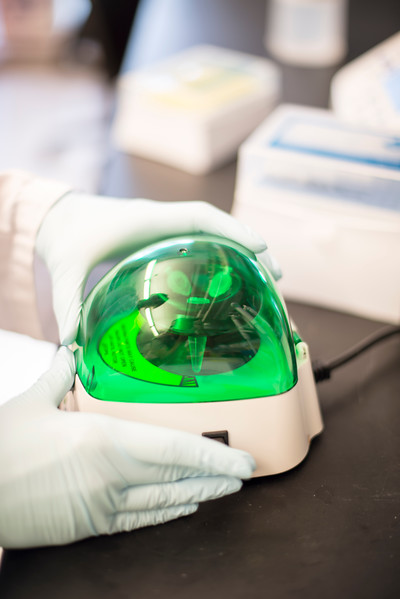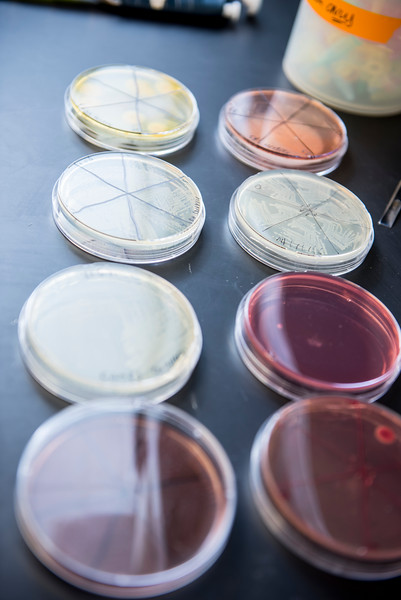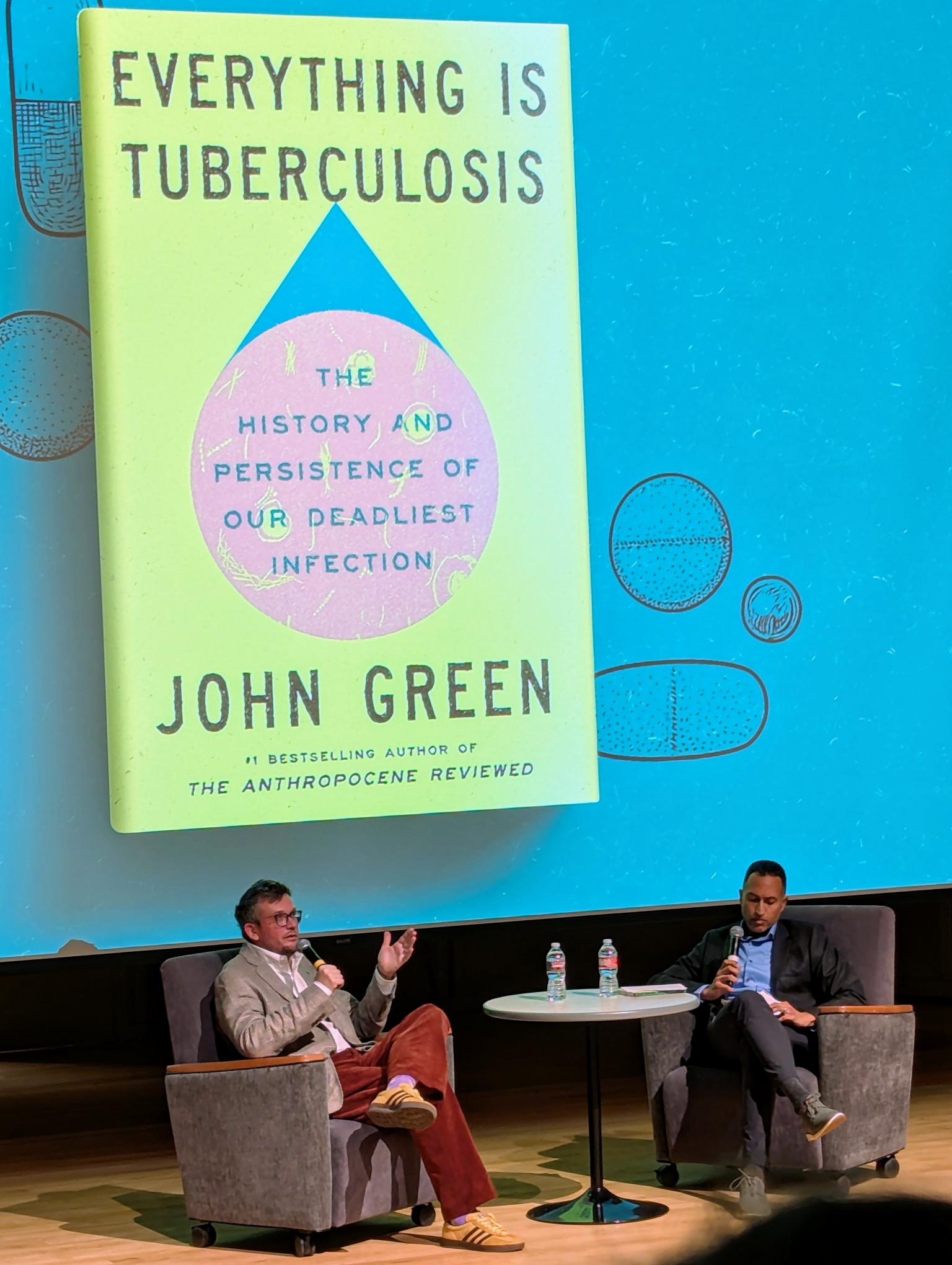
Do T-cells play a role in resistance to mTB?
Read on to find out!
SEATRAC member, Deborah Cross, PhD from Seshadri Lab at UW, summarizes her article below.
Conventional T-cells recognize peptide antigens and form an essential component of protective immunity against Mycobacterium Tuberculosis (M. tuberculosis). However, not all T-cells are activated by peptides. Subsets of unconventional T-cells have been described which respond to a diverse range of lipids and metabolites.
The role of these T-cells in M. tuberculosis resistance is not clearly defined.
This study profiled the characteristics of circulating, unconventional T-cells in a cohort of Ugandan household contacts who resist evidence of clinical infection (as assessed by IFN-γ release assay (IGRA) and tuberculin skin test (TST)) and compared them with a group of latently infected individuals. Using flow cytometry, we found circulating frequencies of MR1-restricted T-cells (which recognize derivatives of the riboflavin biosynthesis pathway) were elevated in donors that resist M. Tuberculosis infection in comparison with latently infected individuals.
Functionally, MR1-restricted T-cells from both groups had a comparable effector program as assessed by transcriptional profiling. Sequencing of the T-cell receptor repertoire revealed donor-dependent diversity and enrichment of specific clonotypes in resistant individuals. Finally, we showed that enriched clonotypes were able to recognize mycobacteria-infected cells in a TCR dependent manner.
Overall, these findings suggest associations between MR1-restricted T-cells and resistance to acquisition of M. tuberculosis infection.
Find the full article: MR1-restricted T cell clonotypes are associated with "resistance" to Mycobacterium tuberculosis infection - PubMed (nih.gov)






